The Cultural Significance of Soccer in Brazil
In Brazil, soccer is not merely a sport; it is ingrained in the national identity and cultural fabric of the country. From a young age, Brazilian children grow up playing soccer in the streets, on the beaches, and in organized clubs. This sport has produced some of the greatest players in history, like Pelé, Zico, Romário, and more recently, Neymar. The Brazilian national team, known as Seleção, is one of the most decorated teams in the world with multiple FIFA World Cup titles. This deep, cultural connection to soccer underpins a collective sense of pride and a belief that Brazil embodies the true spirit and skill of the game.
Perceived Superiority and Cultural Pride
Brazilians' sense of pride in their soccer prowess often translates into a perception of superiority over other nations' soccer leagues, especially Major League Soccer (MLS) in the United States. Many Brazilians view MLS as inferior in quality and skill compared to their domestic leagues like Brasileirão, which is regarded as highly competitive and brimming with talent. This perception is not unfounded; the level of engagement, investment, and historic success in soccer is considerably higher in Brazil. As a result, any comparison with other leagues, especially one from a country primarily known for other sports like NBA or NFL, is often met with disdain.
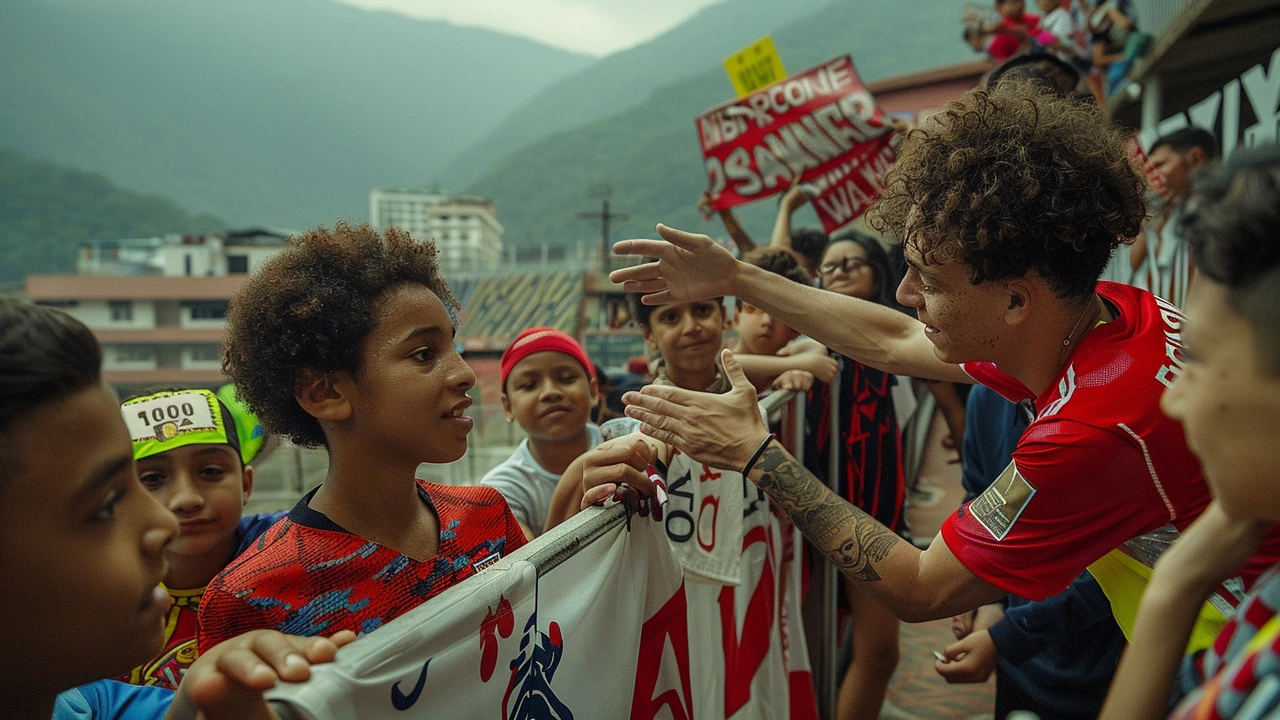
The Influence of American Sports Culture
The United States has a unique sports culture that is dominated by a different set of professional leagues: the NBA for basketball, MLB for baseball, and the NFL for American football. Soccer (or football, as it is known outside the U.S.) has traditionally taken a back seat to these sports in terms of popularity and investment. Many Brazilians find it puzzling and even frustrating that a country like the United States, with its vast resources, has not placed the same emphasis on soccer. This divergence in sports culture further amplifies the disdain for MLS, as many Brazilians perceive it as a novelty rather than a serious competitor in the global soccer landscape.
Quality of Play and Talent Pool
Another significant factor contributing to the Brazilian disdain for MLS is the perceived quality of play and the talent pool. While MLS has made strides in improving the quality of its teams and players, it is often viewed as a league past its prime, where players go to either start or end their careers rather than being in their peak. In contrast, Brazilian leagues are known for grooming young talent and producing world-class players who often move to top European clubs. This difference in the talent pipeline and the overall quality of play perpetuates the belief that MLS is not on the same level as Brazilian or even European leagues.
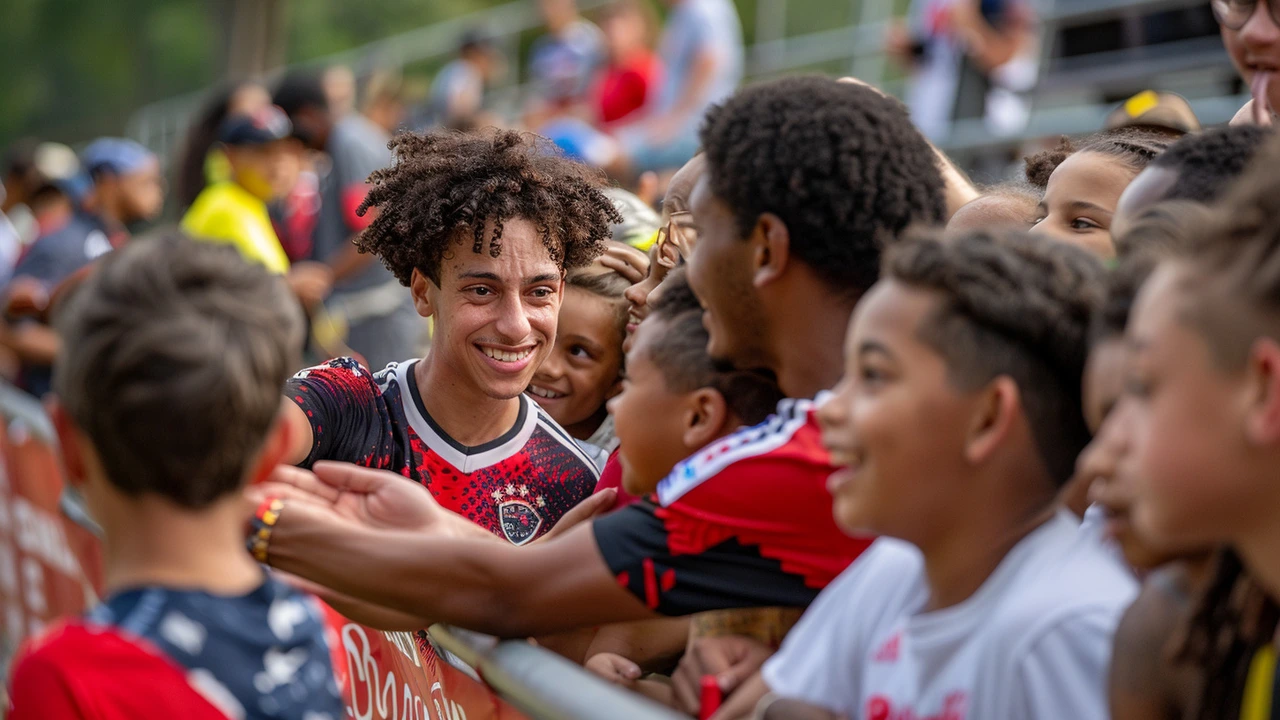
Media Representation and Public Perception
Media representation also plays a crucial role in shaping public perception of MLS among Brazilians. Brazilian media outlets, which are immensely popular and influential, tend to focus on domestic leagues, European competitions, and the performance of Brazilian players abroad. Coverage of MLS is sporadic and often lacks depth, reinforcing the idea that it is an inferior league. When MLS is covered, it is typically in the context of high-profile signings or the performance of Brazilian players in the league, rather than a comprehensive analysis of the competition itself.
The Role of Player Migration
The movement of Brazilian players to MLS has also had a nuanced impact on the perception of the league. On one hand, it highlights MLS as a viable option for Brazilian talent, but on the other, it often signifies a step down in their careers. Players who move to MLS from top European clubs or from Brazilian leagues are often seen as winding down their careers or seeking a lucrative contract before retirement. This migration pattern contributes to the belief that MLS is not a serious soccer destination but rather a retirement haven for aging stars.
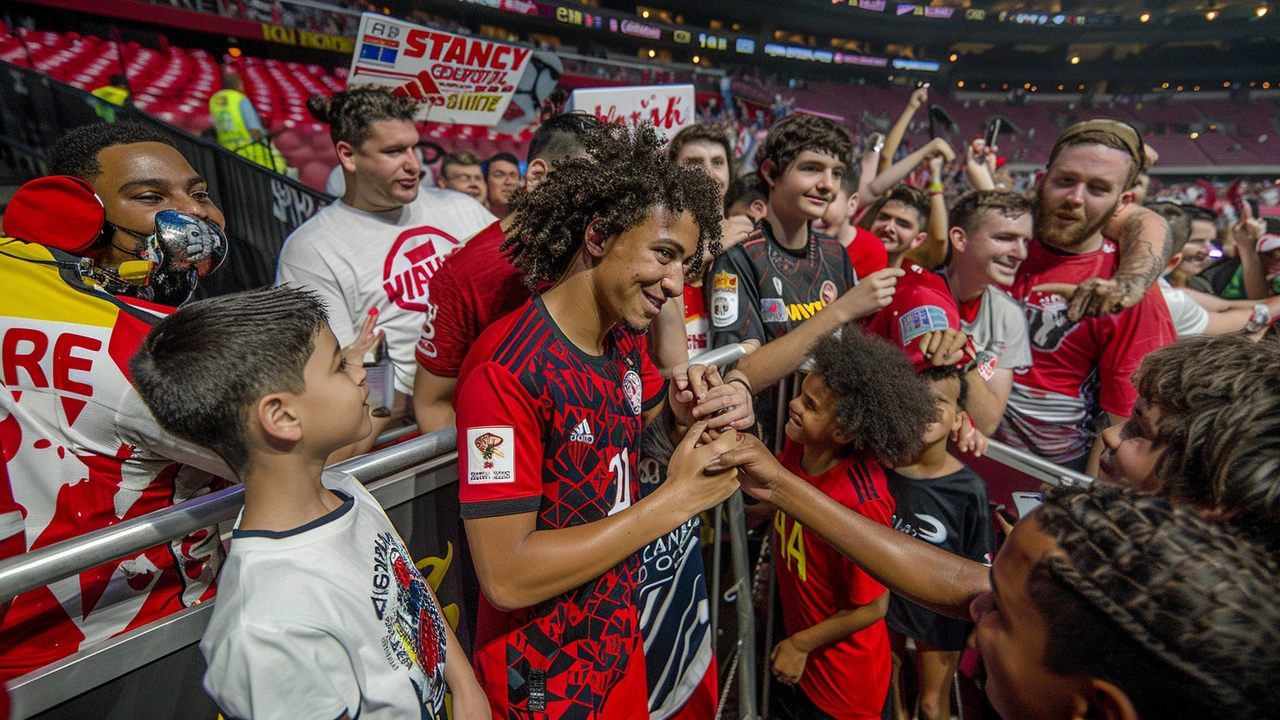
Efforts to Boost MLS Relevance
That said, MLS has made significant efforts to boost its relevance and change these perceptions. The league has invested in youth academies, infrastructure, and has brought in international talent to elevate the quality of play. These efforts aim to position MLS as a legitimate and competitive league on the global stage. However, changing deeply ingrained perceptions, especially in a soccer-passionate country like Brazil, is no easy feat and will require sustained efforts and success on the field.
Conclusion
In conclusion, while the disdain for MLS among Brazilians is rooted in a complex web of cultural pride, perceived superiority, and divergent sports cultures, it also underscores the deep, emotional connection Brazilians have with soccer. As MLS continues to grow and evolve, it may gradually shift these perceptions. However, for now, the cultural and historical significance of soccer in Brazil ensures that MLS remains a league viewed with skepticism and, at times, disdain.
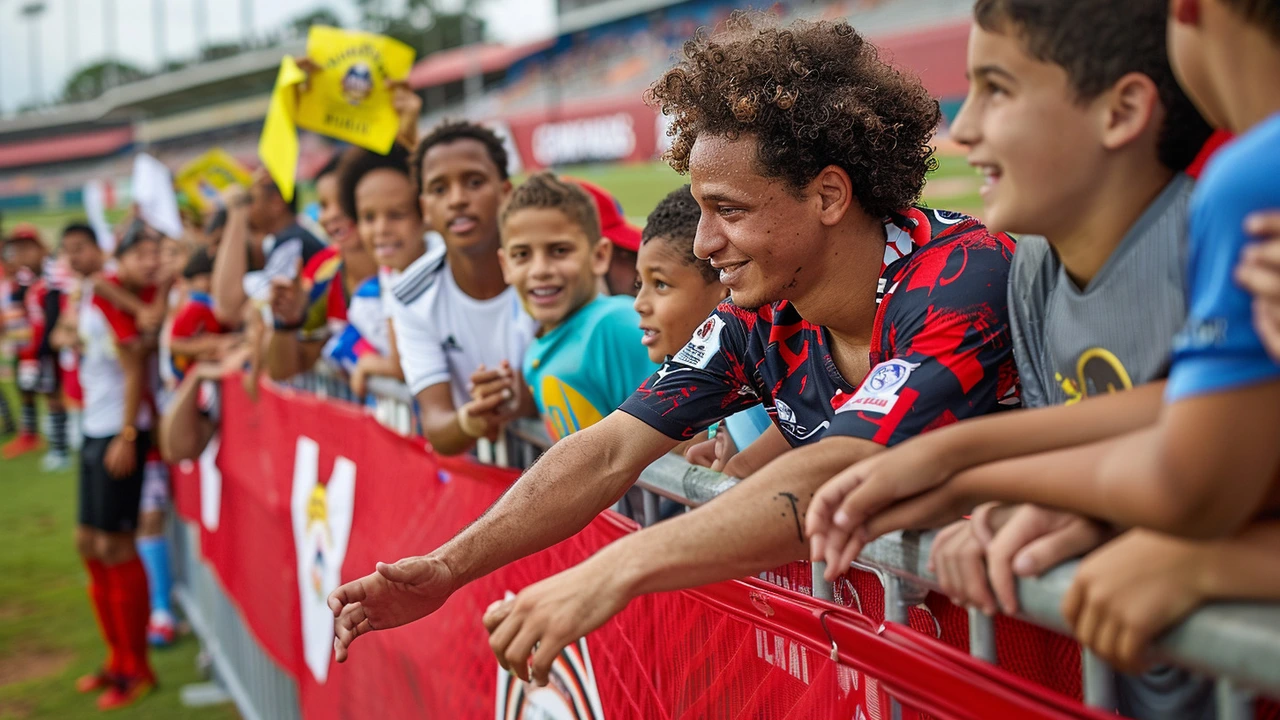


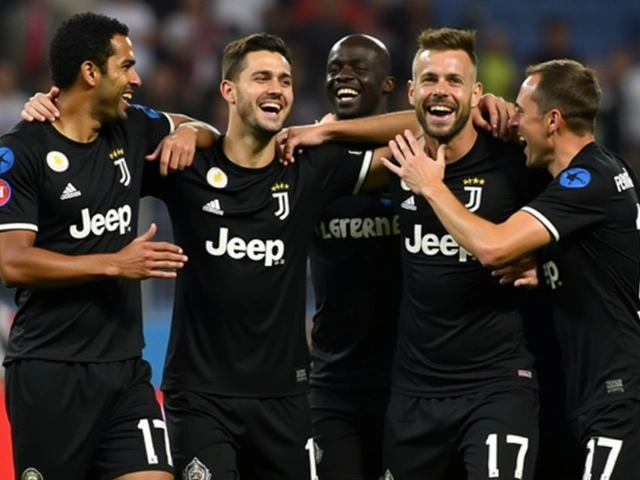

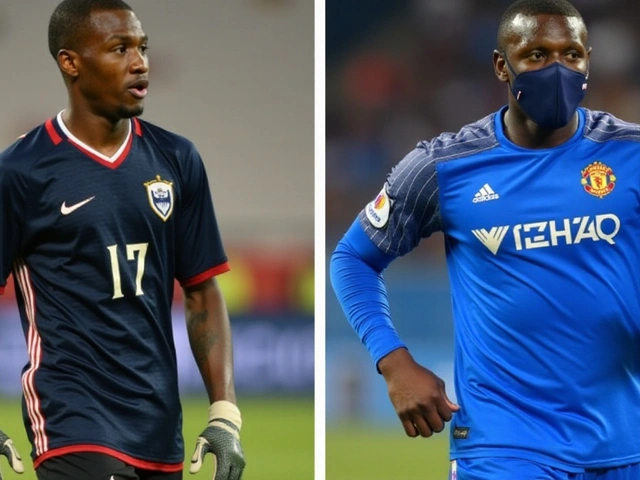
Dennis Lohmann
July 4, 2024 AT 18:20Great breakdown, and it’s always fun to see the passion behind soccer! 😊
Jensen Santillan
July 4, 2024 AT 19:43The fundamental flaw in the argument lies in its pretentious romanticization of Brazilian soccer as an immutable monolith. It assumes that cultural pride is a static entity rather than a dynamic discourse shaped by global interactions. While Brazil’s historical achievements are undeniable, to label MLS as merely a novelty dismisses the nuanced evolution of the sport. The article glosses over the empirical data showing measurable improvements in MLS attendance, market value, and technical standards. Moreover, it ignores the strategic investments in youth academies that are beginning to bear fruit. One cannot claim superiority without accounting for the cross‑pollination of tactical philosophies between continents. The assertion that MLS is a “retirement haven” fails to recognize the influx of prime‑age talent seeking competitive challenges. Indeed, the presence of South American stars in the league has spurred a stylistic shift toward higher intensity pressing. It is also worth noting that the USMNT’s recent performances have benefitted from MLS‑based players gaining international experience. Cultural pride should not be weaponized to devalue emerging leagues. Instead, it could serve as a catalyst for bilateral growth. The narrative would benefit from a more balanced appraisal that acknowledges both Brazil’s rich heritage and MLS’s incremental progress. In conclusion, the disdain expressed in the piece reflects an outdated elitist mindset that resists the natural globalization of football.
Mike Laidman
July 4, 2024 AT 21:06The article presents a comprehensive overview of Brazilian football culture and its influence on perceptions of MLS It outlines historical achievements while noting current developmental efforts
J T
July 4, 2024 AT 22:30Yo, the formal tone there is a bit stiff but the point’s clear – MLS is trying to step up and the fans notice it 😎
A Lina
July 4, 2024 AT 23:53From a methodological standpoint, the discourse exhibits a conspicuous bias toward ethnocentric valuation metrics, thereby marginalizing emergent competitive frameworks within the North American market. The reliance on traditional talent pipelines and legacy club prestige as sole arbiters of league legitimacy undermines a holistic assessment of performance indices, such as Expected Goals (xG) differentials, player development throughput, and fiscal sustainability ratios. Consequently, the narrative perpetuates a reductionist paradigm that fails to accommodate the multidimensionality of contemporary football ecosystems.
Virginia Balseiro
July 5, 2024 AT 01:16Whoa, talk about a deep dive! 🌟 It’s electrifying to watch this clash of traditions, and I can feel the drama building as MLS fights for its place on the global stage. The passion radiates off every sentence, and it’s impossible not to get swept up in the excitement of this evolving saga!
Jared Mulconry
July 5, 2024 AT 02:40I appreciate the balanced perspective here; it’s important to recognize both the historic dominance of Brazilian football and the earnest efforts of MLS to grow.
Brandon Rosso
July 5, 2024 AT 04:03Indeed, acknowledging the progress made while fostering constructive dialogue will only serve to elevate the sport globally; let us continue to support innovation and collaboration across all leagues.